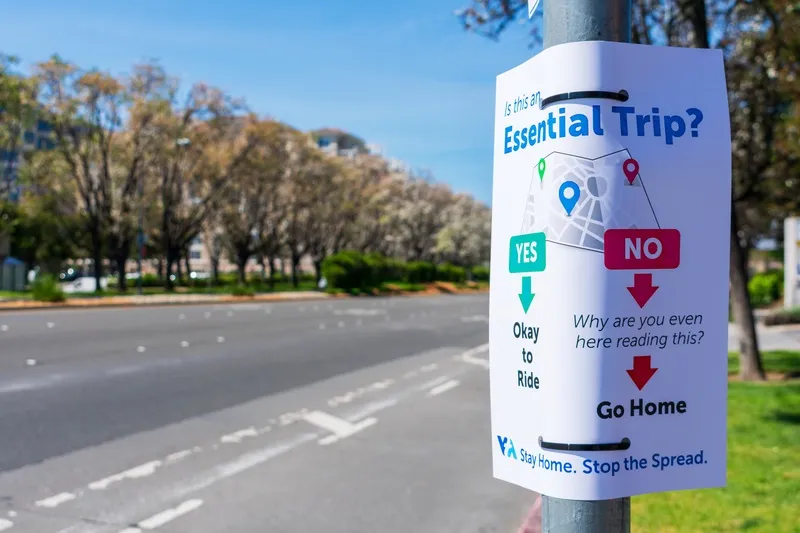
From today, it is compulsory to wear face coverings on all forms of public transport in England.
The new rules mean transit operators can prevent passengers who refuse to follow the rules from travelling - and police will be able to issue fixed penalty notices of £100.
Two groups - people with disabilities and children under 11 - are exempt from the new rules and the government says there are valid reasons, such as health conditions, for not wearing a mask.
In a statement it points out: "Face coverings are not the same as face masks. It is important that people do not use medical-grade PPE masks to ensure these remain available for frontline staff."
Coverings can be made "using scarves or other textile items" and disposable, non-clinical ones are already being handed out at busy stations.
Over 3,000 extra staff from British Transport Police, Network Rail, train operating companies and Transport for London will be on duty at key transport hubs and interchanges to provide reminders and assistance to passengers.
Despite the new measures, the advice remains that people should still avoid taking public transport 'where possible', even though lockdown measures are being eased.
"Social distancing and hand washing remain by far the most important disease prevention measures," the government insists.
Today's announcement cooincides with the re-opening of 'non-essential' shops in England.
Transport secretary Grant Shapps said: “If you do need to travel, in the same way that you would pick up your phone, wallet or keys when you leave the house, please remember to bring a face covering."









